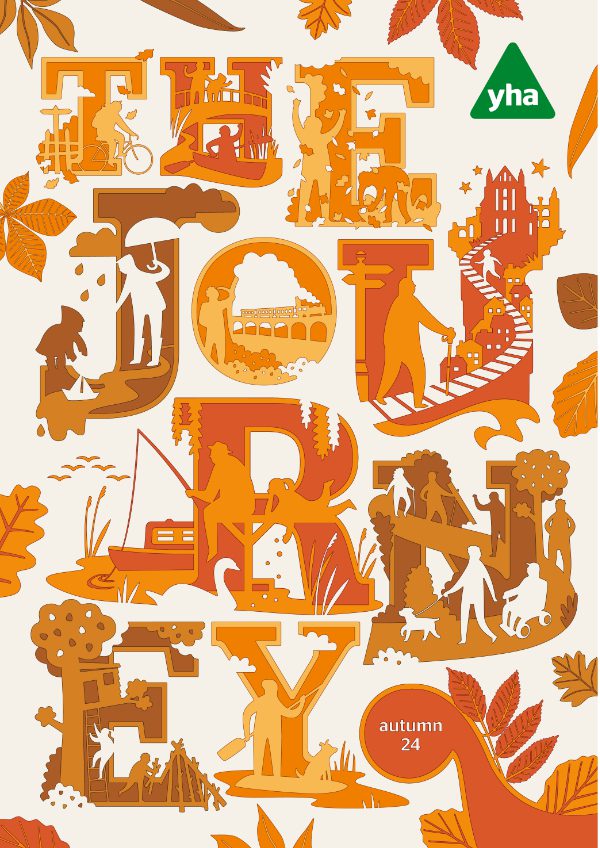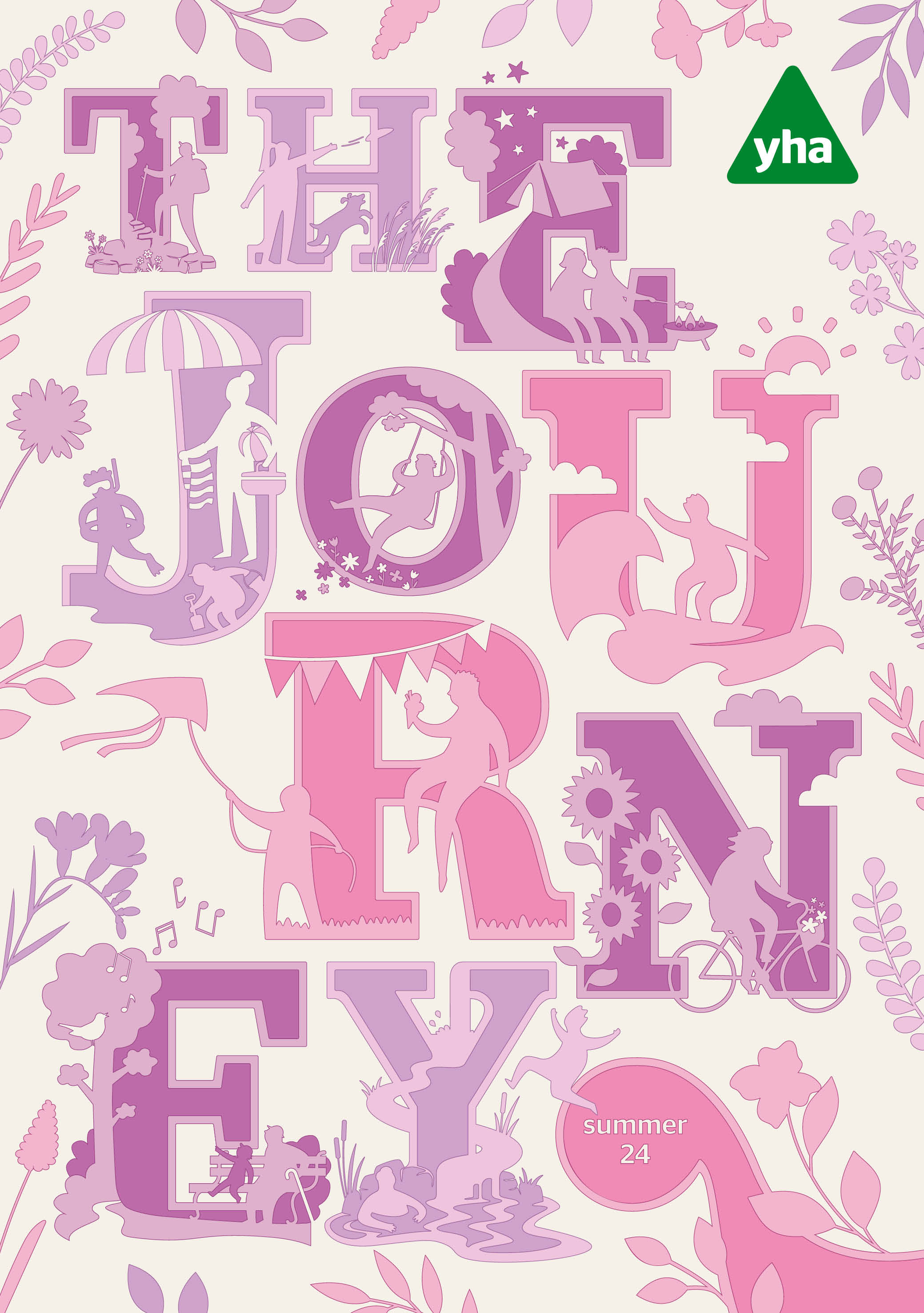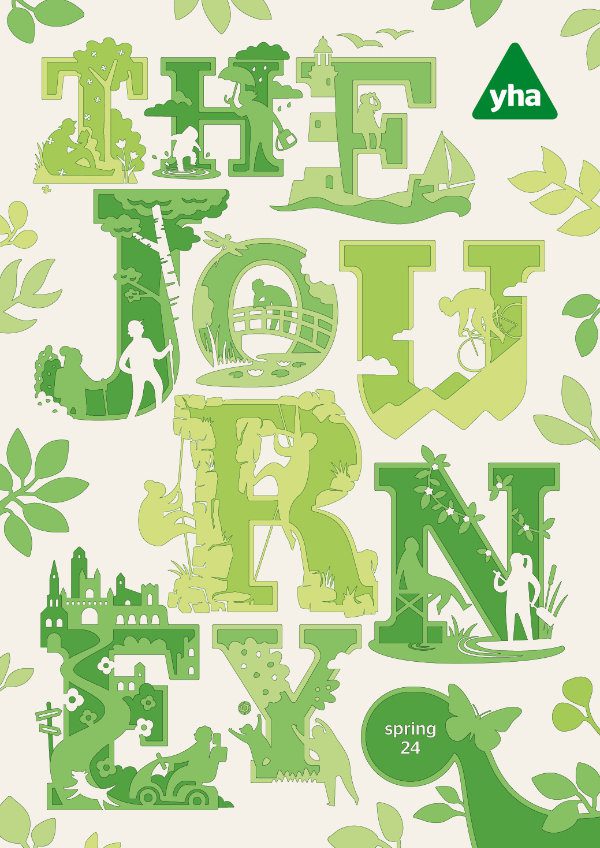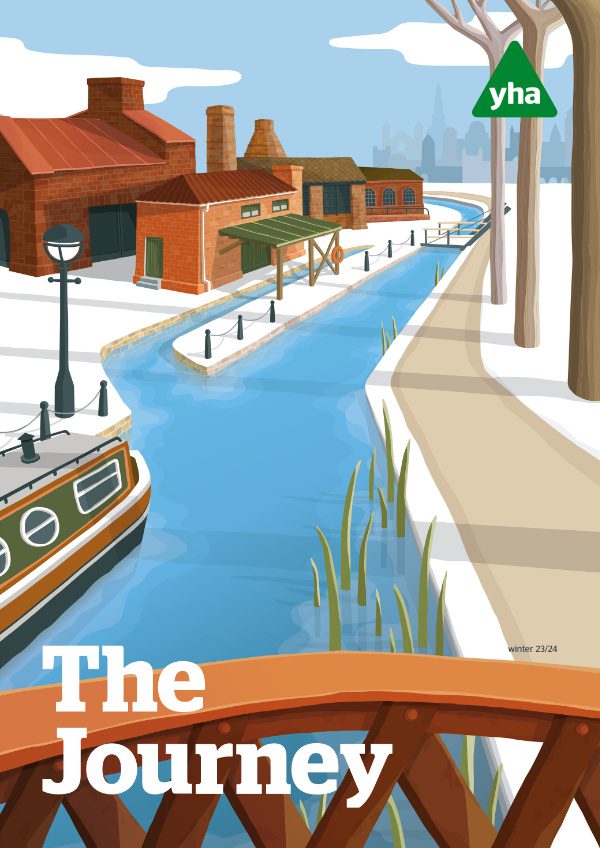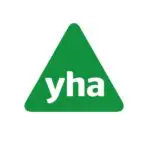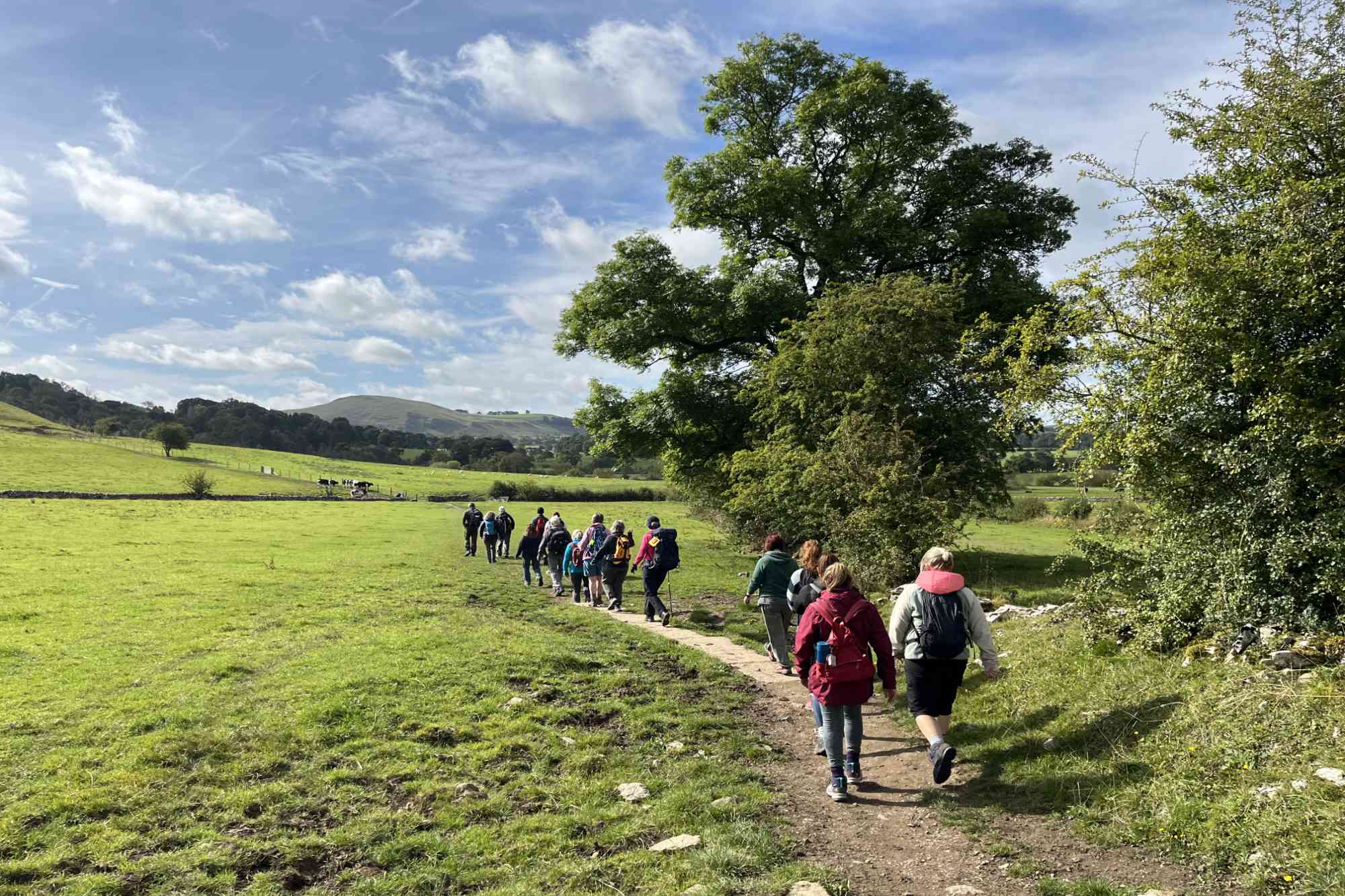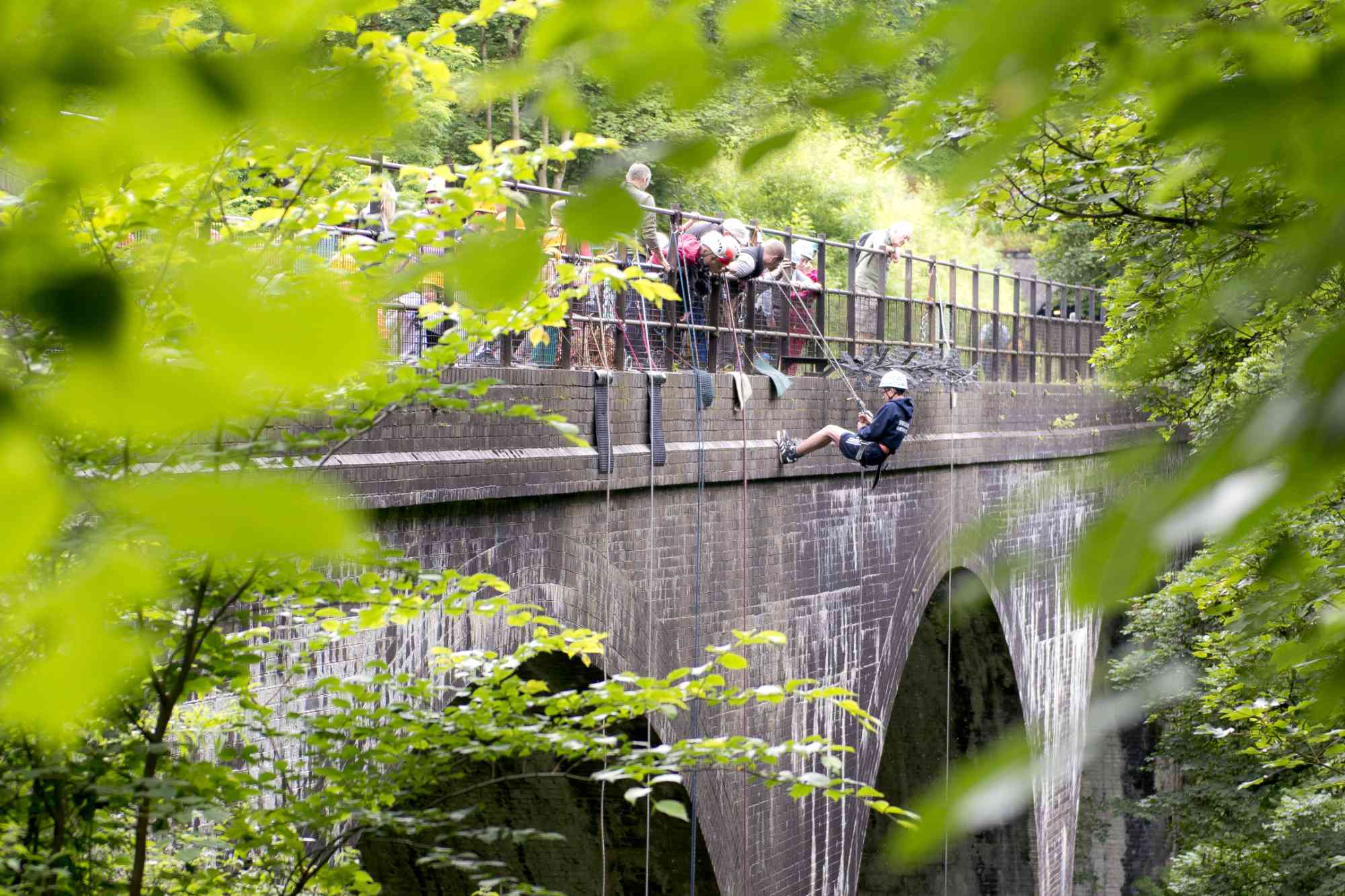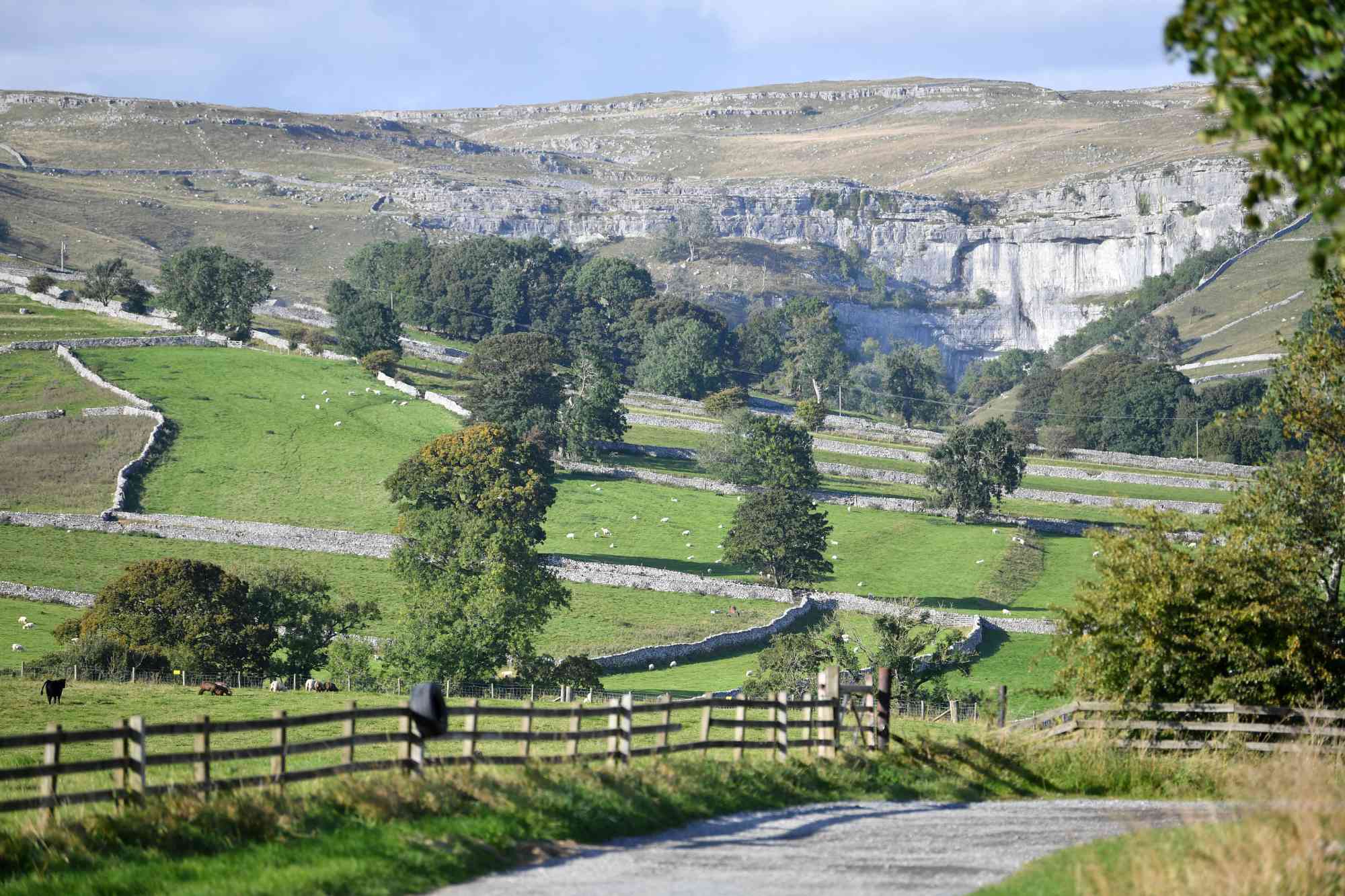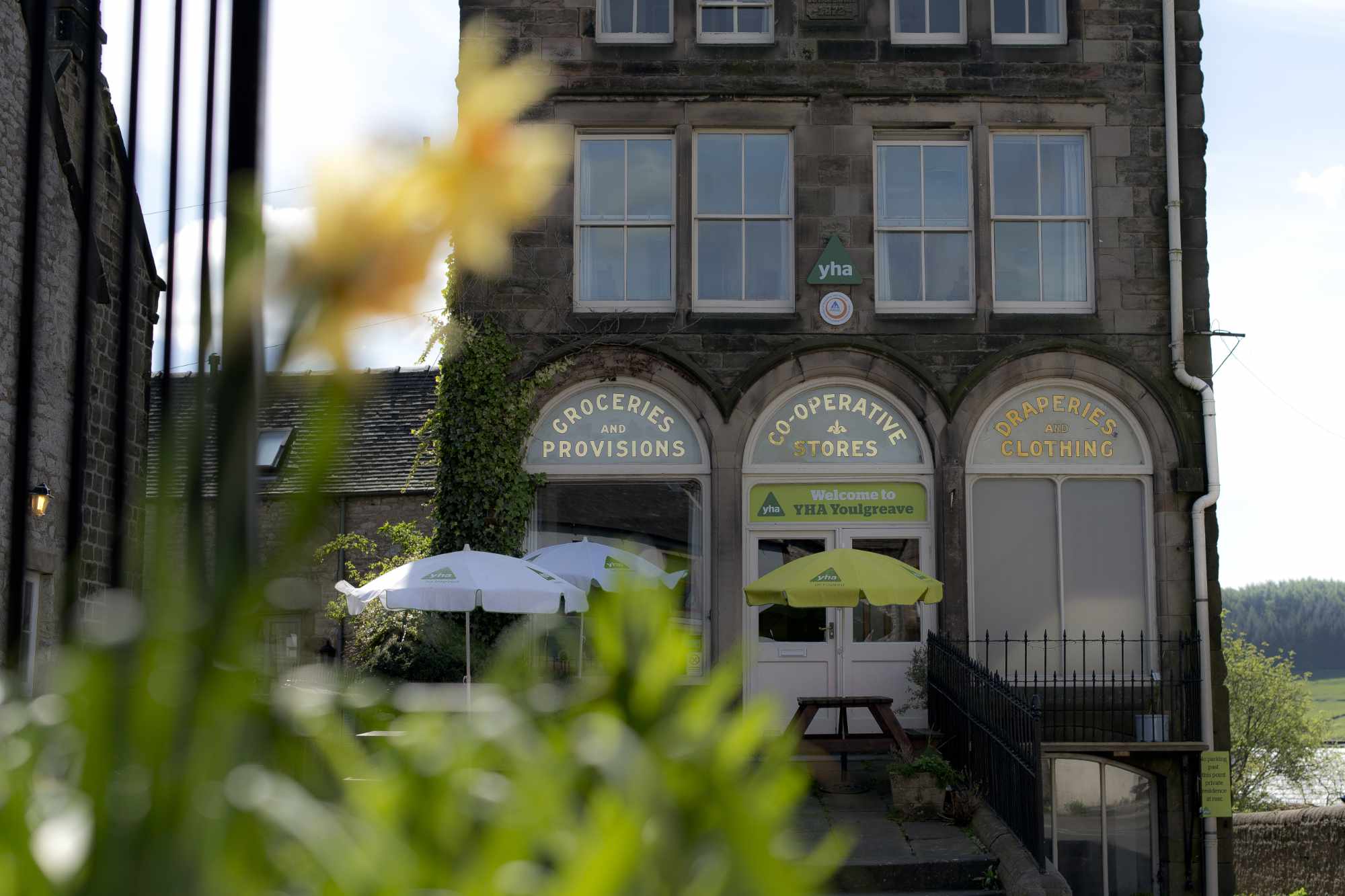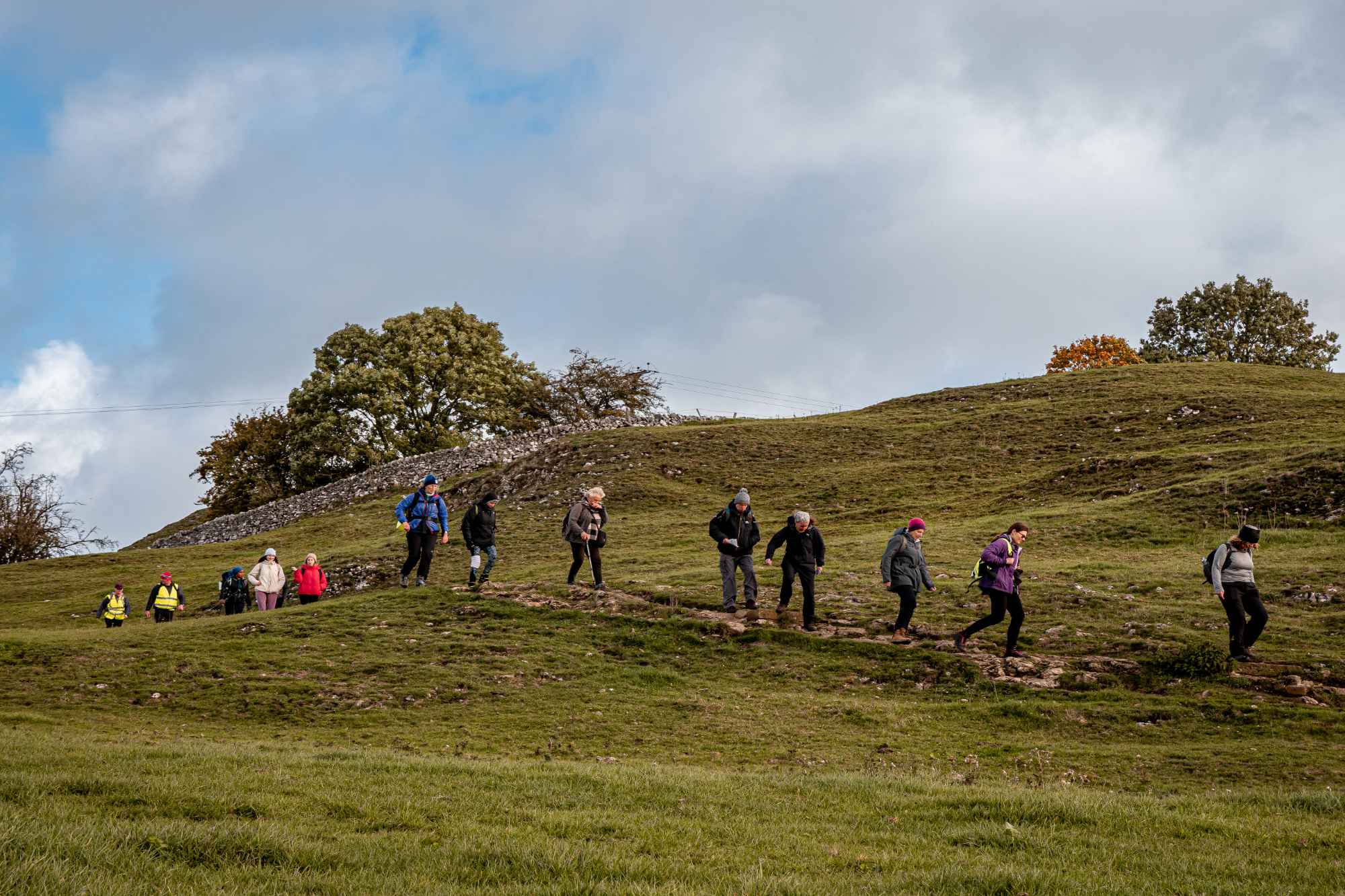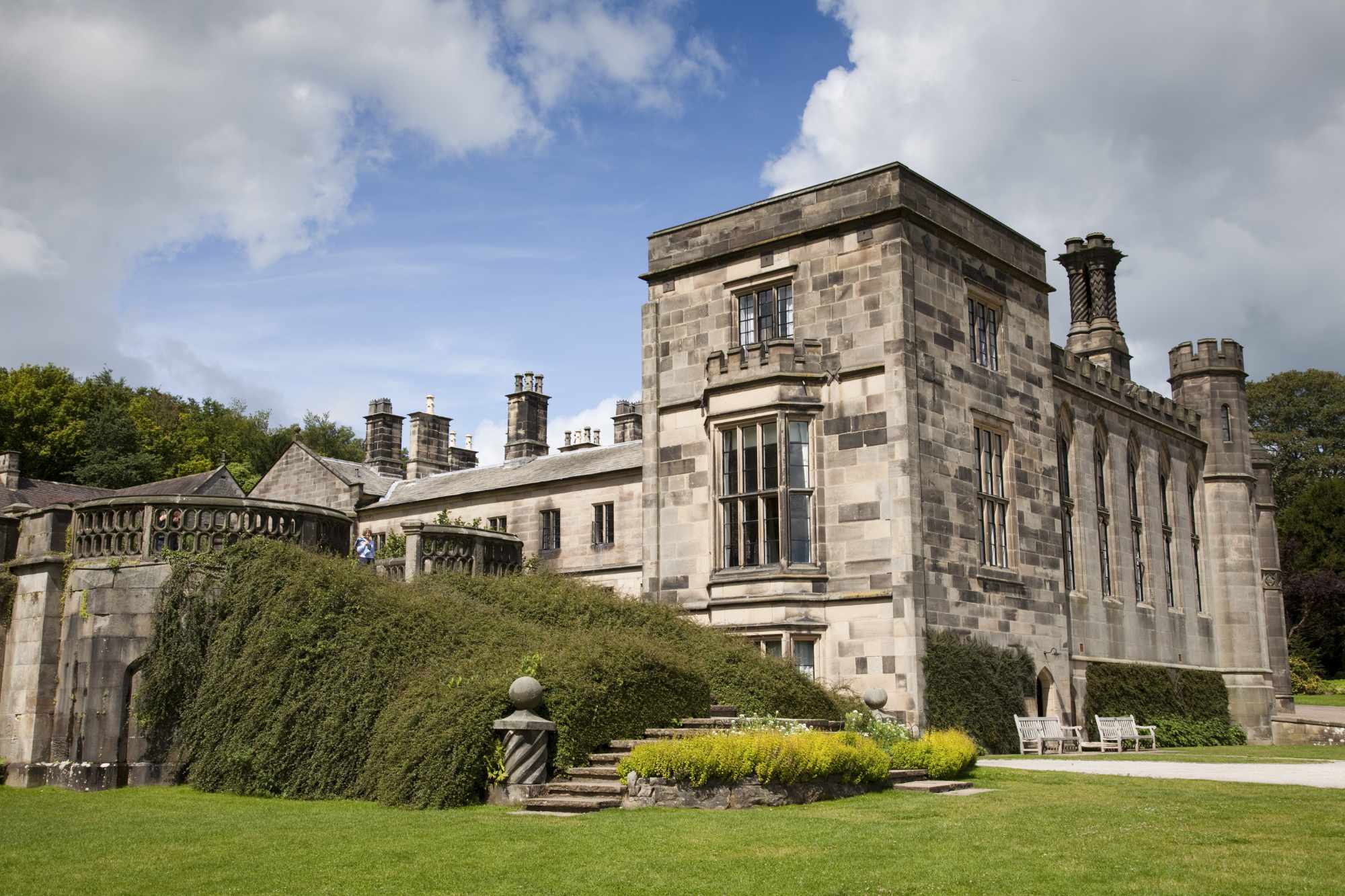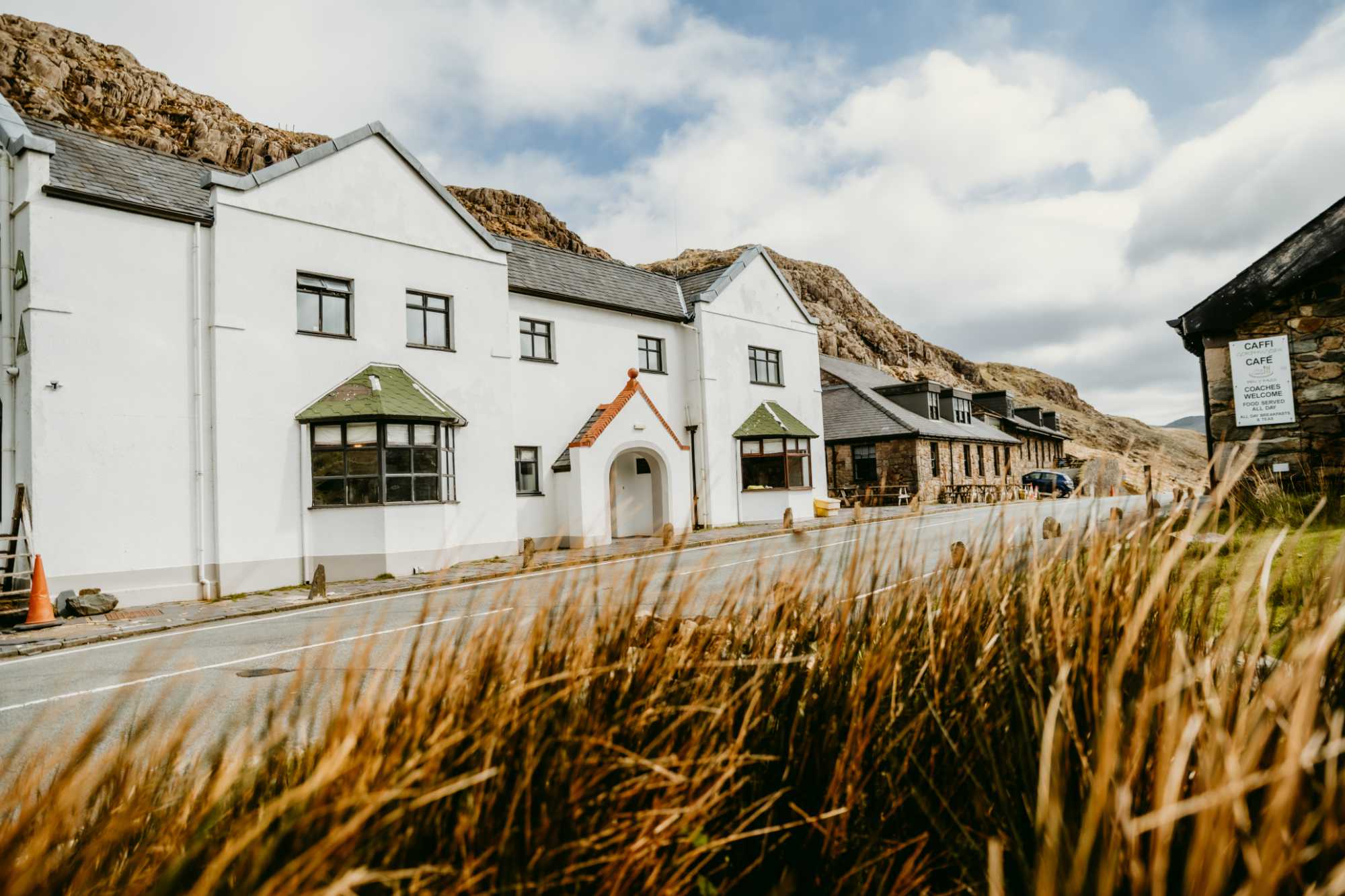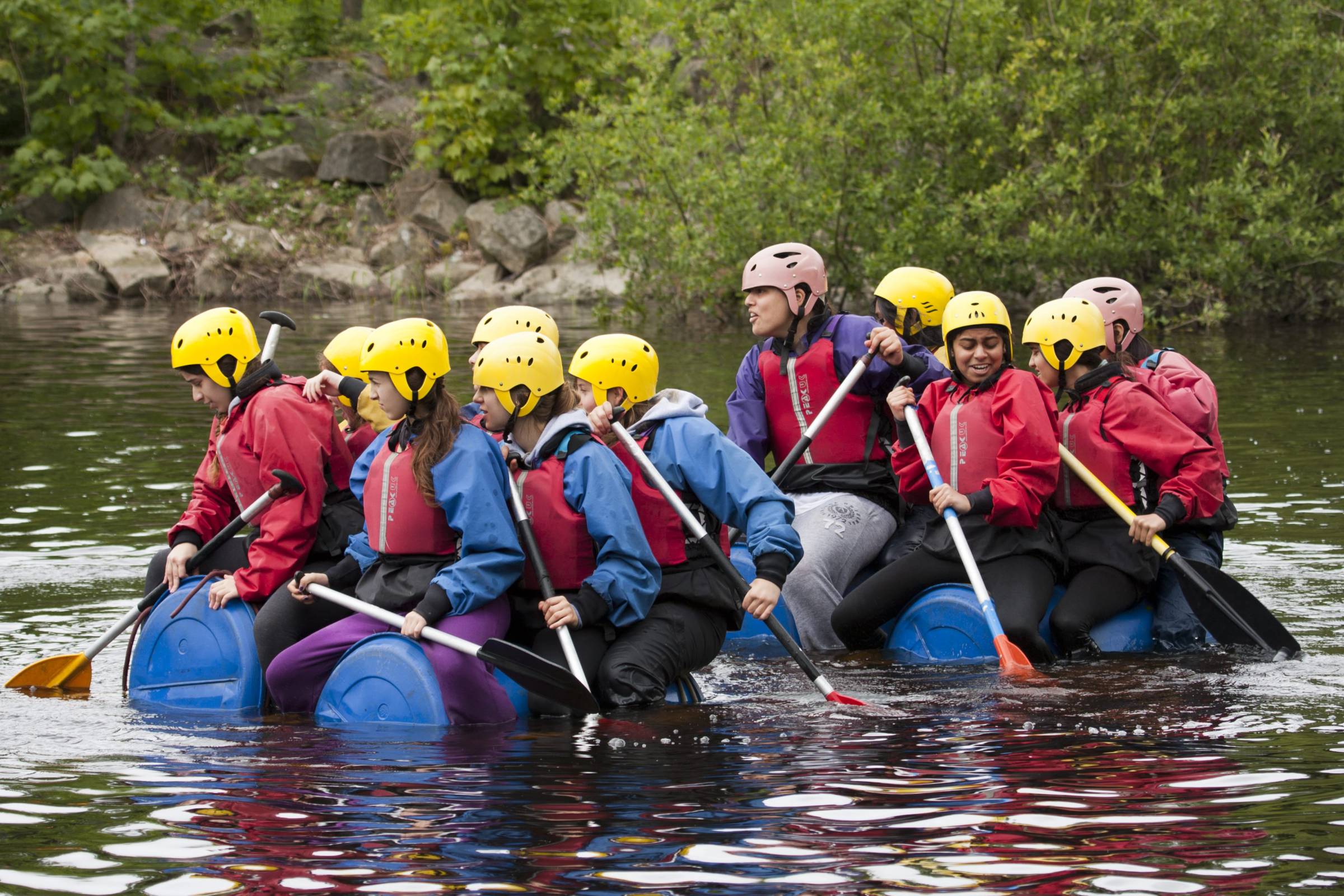YHA’s Director of Strategy and Engagement, Anita Kerwin-Nye discusses the importance of making residentials a possibility for those who are homeschooled.
Residentials – time away from home with peers and often without parents – have a significant impact on wellbeing, attainment and life skills. YHA is committed to approaches that make residentials available for every child and young person – at least once at primary school age and once again at secondary age. Particularly for those who could benefit from residentials the most. This is part of our commitment to access which is core to our strategy and charitable objectives.
From informal feedback, we know that both parents and carers of home-educated children, and young people themselves, say that residentials are important but that they cannot always easily access them. Data on how many children are educated at home is unclear and depends in part on whether numbers include those who may have been pushed out of school or are school refusing children (the latter often linked to anxiety and disability). Estimates are between 50,000 to 100,000 children. The number of home-educated children appears to be increasing with significantly more schools reporting parents removing children from the school roll to pursue Elective Home Education (EHE). Beyond this, we see that a number of families – particularly families with children and young people with disabilities – are home-educating.
There are a number of barriers to residentials for children in school (PDF) and both income and disability are factors in young people accessing a residential. For many families home educating children, these barriers may be greater.
Supporting families to make the best choice for their children matters to YHA. A number of our staff electively home educate and several have school refusing children. Parents who home educate have told us that finding a broad range of experiences for their children can be challenging.
Why YHA?
YHA is a charity and one of the largest providers of residentials in England and Wales. Its large network of hostels means that there is a vast choice of locations – rural, coastal and city-based, so you can stay close to home or travel further afield. And it’s model of operating means that groups can choose anything from hiring a hostel and building their own programme and catering, through to full board and activities.
Some home education groups already use YHA – many using YHA Exclusive Hire hostels or making sole use bookings. This is where children and young people come away with adult volunteers/staff from local home education groups. Alternatively, they may book onto family trips or activities with YHA where children and young people come away and parents come too.
YHA would like to increase the number of children, young people, and families that can access home learning through us; and further, improve what we offer to ensure everyone can access all the benefits of ‘learning away’.
Due to the number of hostels and the flexibility we can offer, we hope to create a range of different models for home educated children and young people.
Costs
YHA has some funding to support this work. Particularly in the pilot phase. This may include free/heavily subsidised residentials and activity days. As with all of our work as a charity we are looking for a blended model that combines fundraised income with traded income (YHA is a social enterprise raising income through hostel stays).
What next?
We have done an initial call out for interest in residentials as part of home education. We are in the early stages of speaking to partners (home education networks, local authorities, and other charities) on potential models to check. If you are interested in joining these discussions, please contact [email protected]
We are also setting up two surveys for parents and carers and for home-educated young people. We want to know what would work for them. Again, if you are interested in receiving the survey, please contact [email protected]
In the meantime, we offer a range of day activity programmes and work developed with DEFRA on nature that may be of wider interest to those who are home educating.
Anita is responsible for YHA’s income and overseeing the charity’s impact. She is a qualified teacher, mum of 4, and keeper of chickens. Anita is a national leader on access to charity services.
Discover more about YHA.
